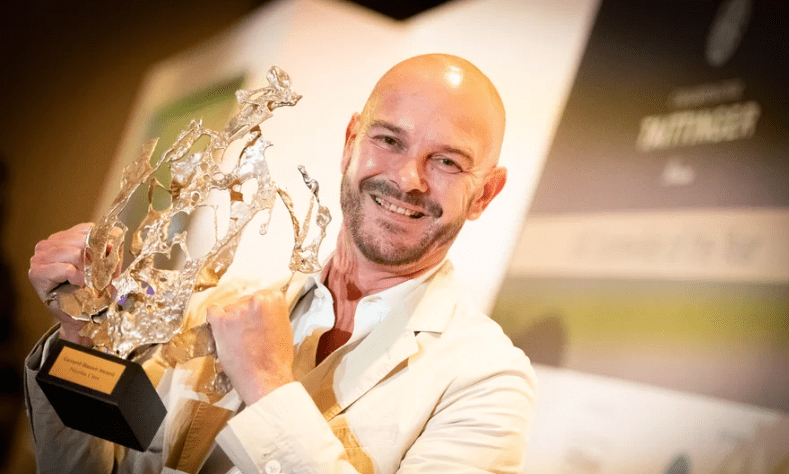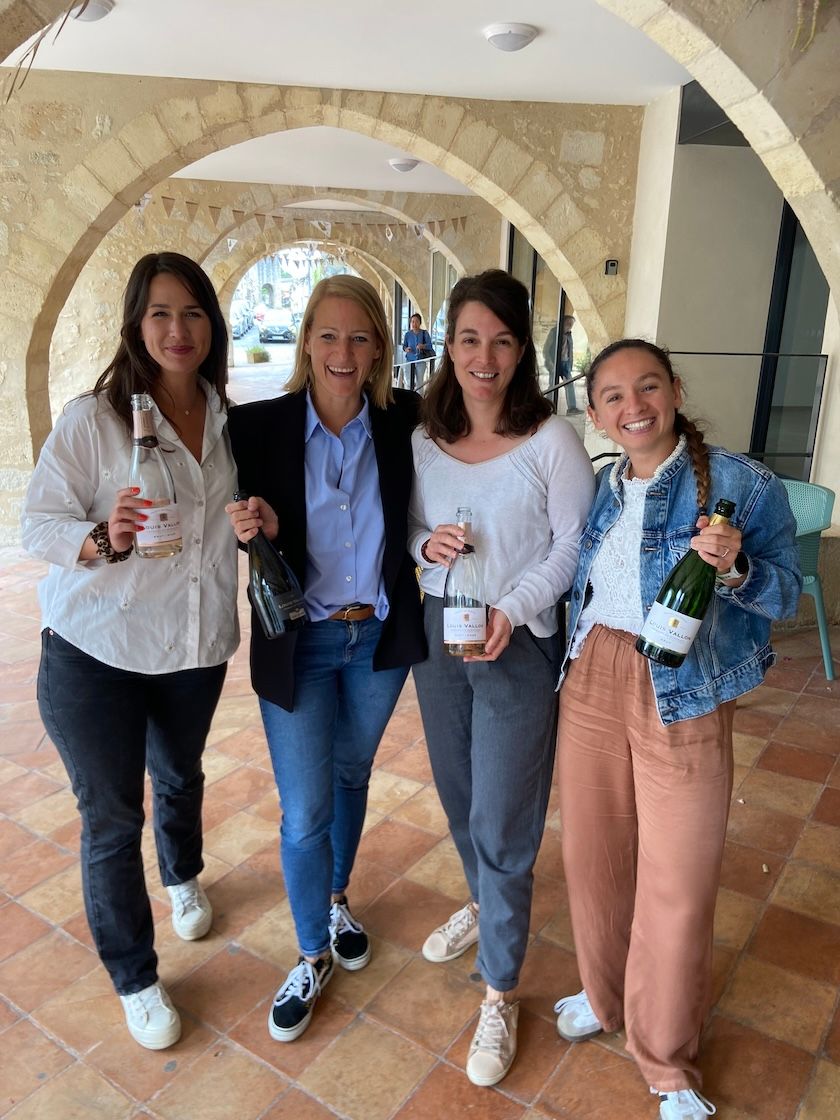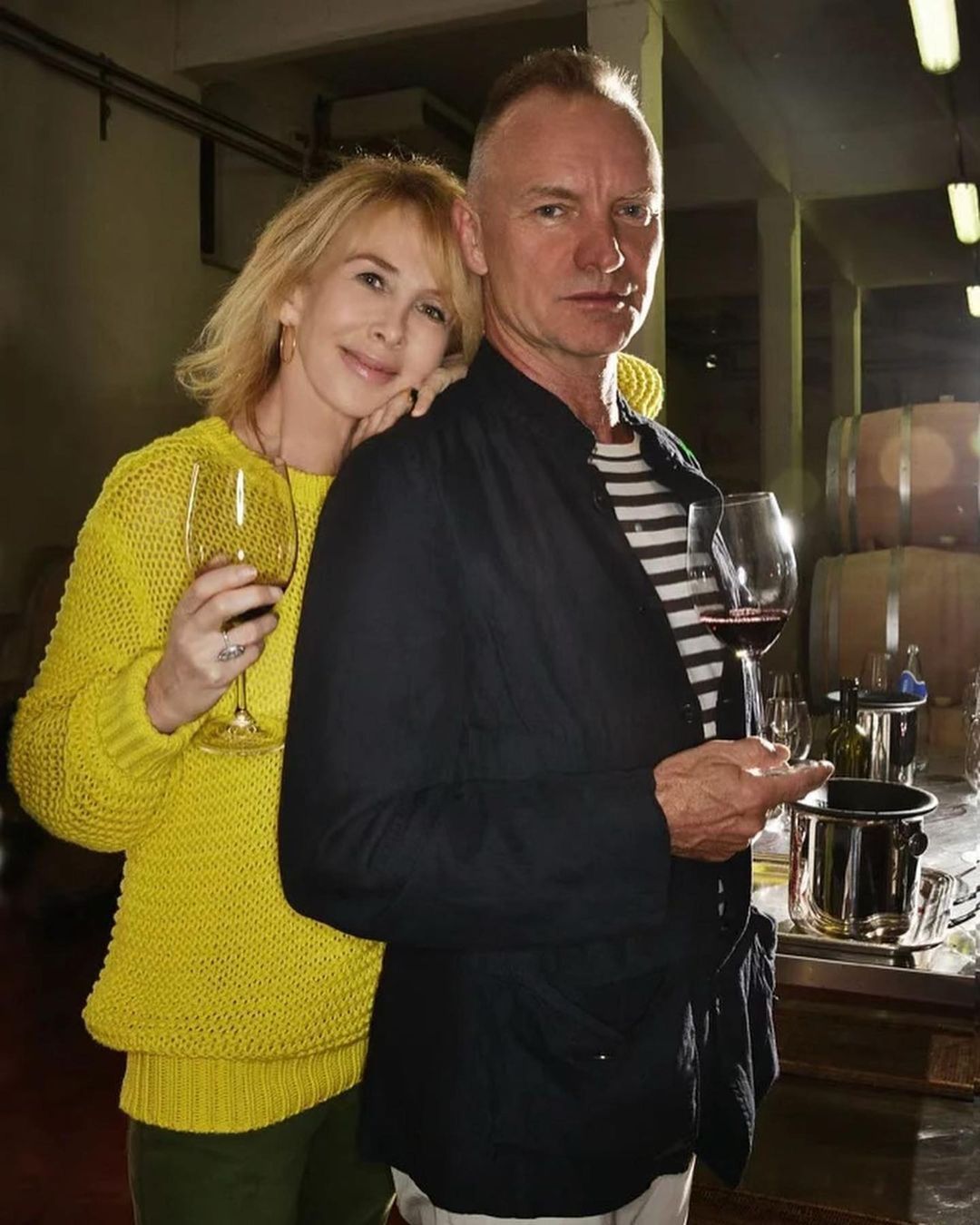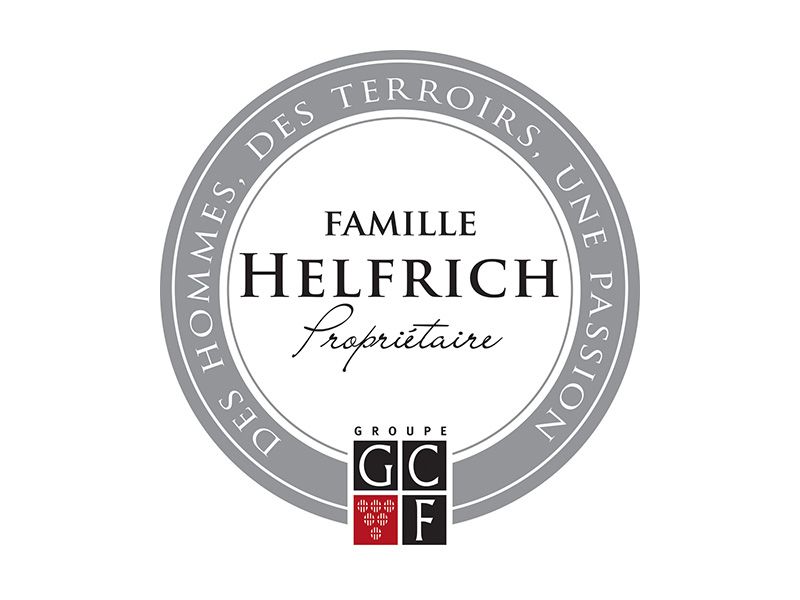“My role at Armit Wines is all about relationships.” Nicolas Clerc explains how he manages, protects and looks to build those relationships relying on the skills he has learnt working on both the restaurant floor and for a leading wine supplier.
Nicolas Clerc, portfolio director at Armit wines, is one of the most garlanded and sought-after wine experts of his generation. A Master Sommelier, whose career started in his native France at the Michelin-starred restaurant La Barbacane in Carcassonne, has since worked for some of the biggest names in the business.
Awarded Sommelier of the Year in 2007, he passed his Master Sommelier exam three years later, and is president and founder of the United Kingdom Sommelier Academy, the Association of Sommellerie International (ASI) representation in the UK.
He also walked off with the Best Sommelier and Best Wine List at the Tatler Awards in 2010 and won Champagne List of the Year at the 2011 Louis Roederer Wine List of the Year Awards.
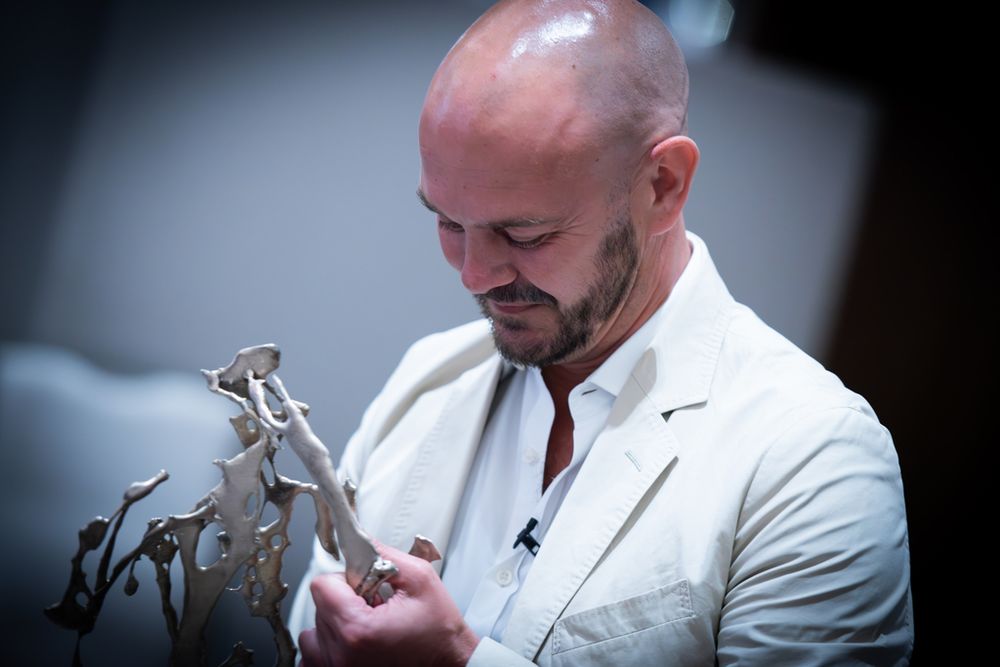
Nicolas Clerc has become accustomed with picking up awards during his career
His extensive experience and knowledge, combined with the high esteem he is held in the eyes of his peers, means he is also much in demand as a judge, regularly sitting on the panels of the Decanter World Wine Awards, the IWSC awards and at the Catey’s.
He has also recently been awarded the much-covetedCaterer Gérard Basset Award in recognition for his work with the Academy, which he claims came as a complete surprise to him.
“I got to know Gérard quite well, and he was a complete inspiration to me, so I was very touched to win this, and I had absolutely no idea about it,” he says. “They awarded it to me at the same time as the Taittinger UK Sommelier of the Year 2023 Competition where I am involved in the voting, so they held a mock award to throw me off the scent. It’s a fantastic accolade.”
Clerc has been with Armit Wines since October 2018 and prior to that worked at Fields, Morris and Verdin as prestige account manager after a 14-year career in the restaurant business as a sommelier.
Starting out
Originally from Savoie in France, his parents were enthusiastic drinkers of the local wine, though “certainly not connoisseurs”, and the young Clerc enthusiastically followed in his parent’s footsteps. “I always enjoyed drinking wine and in my teenage year it was a good way of breaking the ice and meeting people and partying. At the time my studies weren’t going anywhere, and I fancied travelling, so thought the restaurant business would be a good option to enable me to travel and work.”
To this end he signed up to study for his sommelier diploma and moved to Bezier in the Languedoc. “This was very much the time when the Languedoc was up and coming, and at the very early stages of the organic, biodynamic and natural wine movement which was led by Languedoc producers,” he recalls.
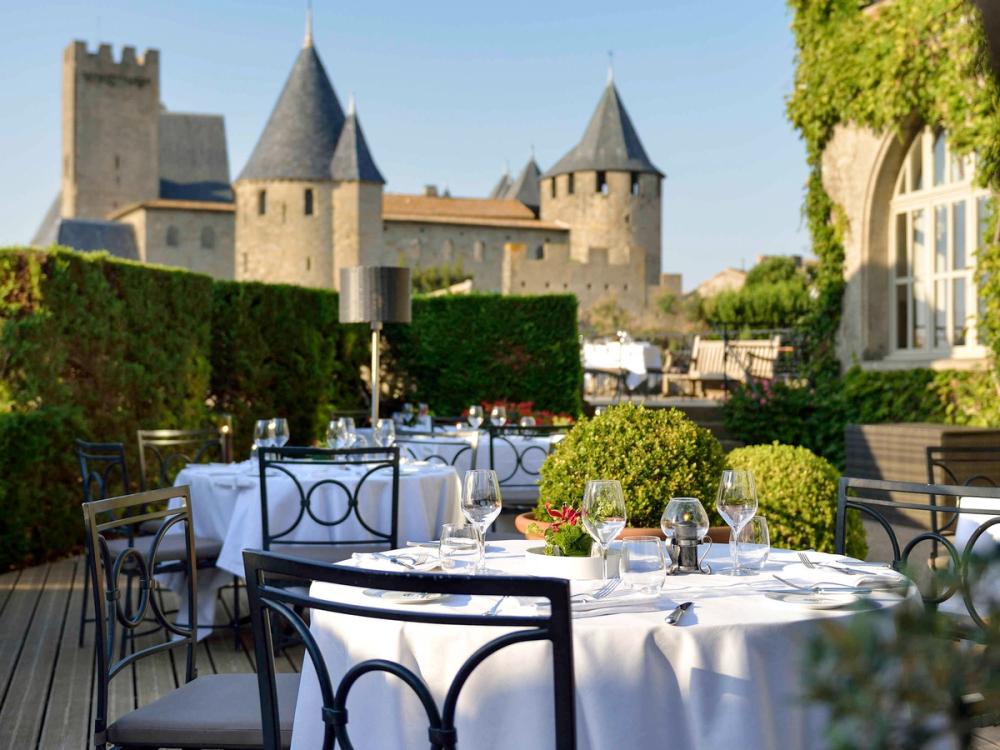
Where it all started: La Barbacone in Carcasonne was Clerc’s first job as a sommelier
After completing his diploma, he secured a job as sommelier at the prestigious five-star La Barbacane in Carcasonne, where he not only learned the ropes of the job, but was forced to hone his English thanks to the many American visitors to the hotel.
With his language skills suitably enhanced, he set his sights on London, (“never Paris – I never had any desire to work there”), and soon found work at Sketch, the upmarket Mayfair restaurant followed by the country house hotel Cliveden in Berkshire, which he secured thanks to Gérard Basset for introducing him Eric Zwiebel MS, head sommelier there at that time.
“I wrote to Gerard asking him for a job, but I didn’t hear back from him at first. Then a couple of months later one of his colleagues got in touch with me saying they had a vacancy at Cliveden.”
A year at Summer Lodge in Dorset followed, though Clerc says he felt quite isolated in the rural setting, so engineered a move within the Red Carnation group to a London hotel.
But it was winning the 2007 Sommelier of the Year Award that really helped open doors for him and fast track his career, he believes, and on the back of the award he secured a role at restaurant, hotel and bar chain D&D where he worked for five years as wine and beverage manager masterminding the running of Le Pont de la Tour’s restaurant and wine shop as well as overseeing the wine lists at neighbouring restaurants The Blueprint Café, Cantina del Ponte and Butlers Wharf Chop House. In 2012 he added Fish Market, Old Bengal Bar, New Street Grill and New street Wine Shop to his wide-ranging and burgeoning restaurant portfolio.
Switching sides
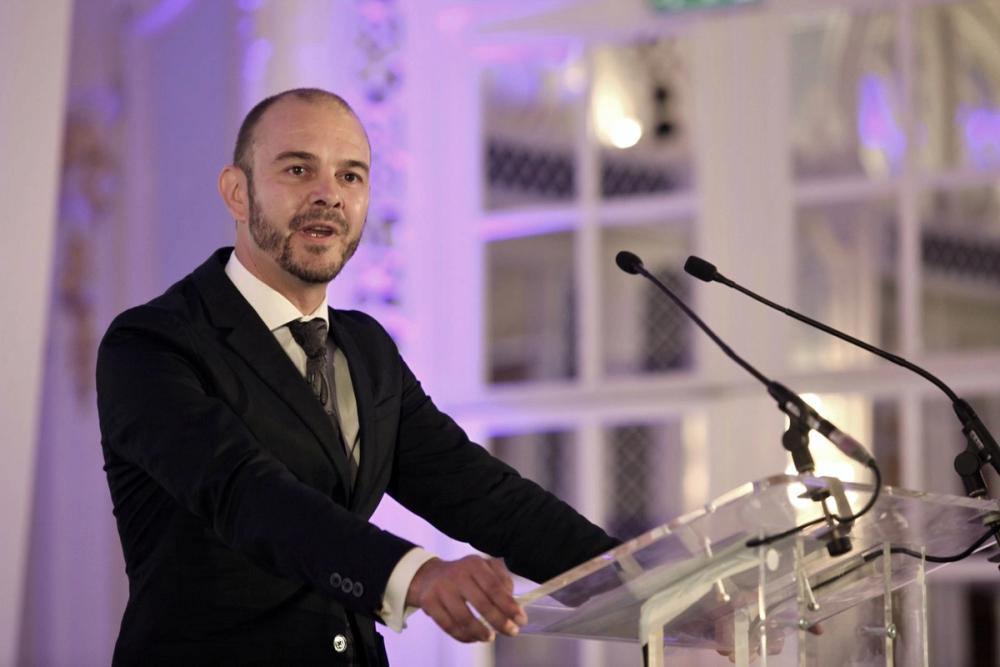
Nicolas Clerc has successfully made the switch from having a highly successful career as a sommelier to working on the supplier side of the fence where he is now portfolio director at Armit Wines
However, after five years he made the decision to make the break and switch to the supply side of the wine industry, initially securing a role as an account manager at specialist wine importer and distributor Fields, Morris and Verdin.
“I wanted to stay in the wine trade, but I wanted to do something a bit different after 14 years as a sommelier,” he recalls. “Working with producers and working on the buying side of the business interested me.”
But how easy was it to transition to “the dark side” as he jokingly refers to it? He admits he had to navigate a very steep learning curve. “It was pretty hard at first,” he says. “At D&D I was in charge of five restaurants, two wine shops and I was under a lot of pressure to maintain teams and numbers, and to deliver. But in my new role at Fields, Morris and Verdin I was not in charge any more but part of a team with a manager, so it was all new to me.”
He adds: “D&D was a great opportunity at the time and an enormous business with a huge portfolio. So when I switched to working on the supply side at first I thought is this a real job?”
The most difficult aspect of working in the supplier and commercial side of the business, he says, was learning how to motivate himself. “You require strong self-discipline and organisational skills.”
However, the service aspect of the business came naturally to him. “That was easy for me because I was coming from a world of service and being used to delivering that service quickly. That sense of urgency is something that comes from working in restaurants.”
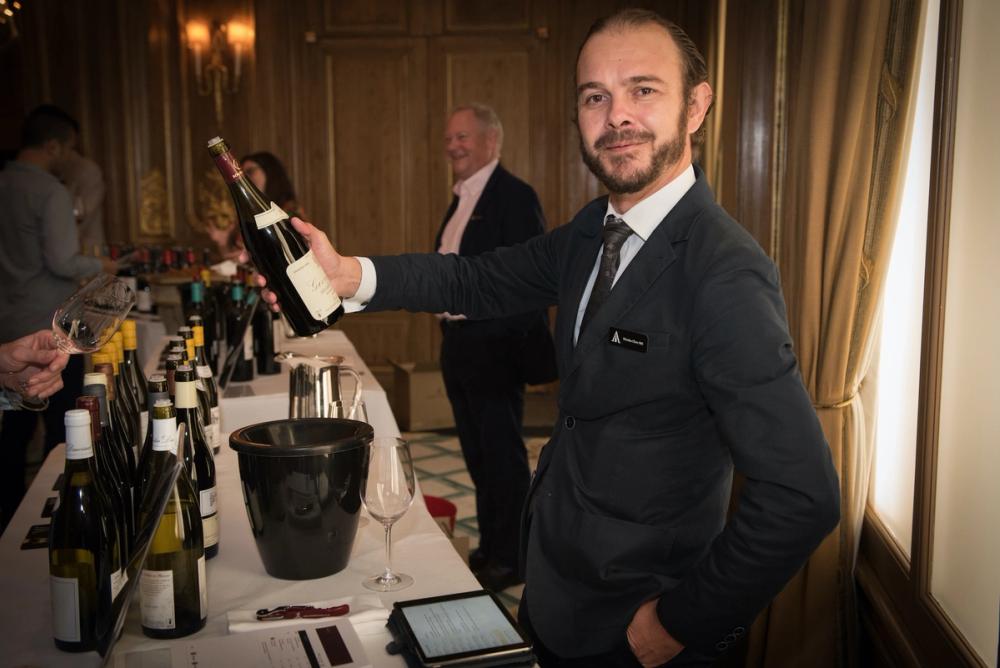
Presenting and talking about wines to customers has come naturally to sommelier-trained Nicolas Clerc
He admits that while he thrived on the adrenaline rush of working in a pressurised environment – fuelled by “about 20 strong coffees a day. I’ve calmed down a bit since then,” he laughs.
But working as sommelier you needed to have good commercial knowledge, stresses Clerc – a transferable skill which he says has stood him in good stead switching to the supply side of the sector. “As a sommelier you have to understand what your customers want very quickly, and deliver it. That ability is very helpful,” he says.
Relationship skills
He was also armed with a huge number of contacts when he made the move which has proved invaluable in his new career on the supplier side. “My role at Armit is all about relationships,” he confirms.
Away from the familiar pressure of the kitchen and the restaurant floor, Clerc says he initially found working in his new role quite isolating: “It can be a lonely world managing your own account where you have to deliver figures at the end of the year, and look ahead to years two and three. My role now is very different.”
But it is also very rewarding working with the producers that Armit represents and helping them get on to the wine lists of the restaurants they most admire. “It is the front window for what they are doing – the pinnacle. So as long as you are able to listen to the producers and position them where they want to be, they are happy.”
As portfolio director at Armit, Clerc is now responsible for all the agencies the company deals with, and those relationships which he carefully nurtures. He also oversees all the buying from importers and direct from producers, as well as masterminding the stock and sales strategy.
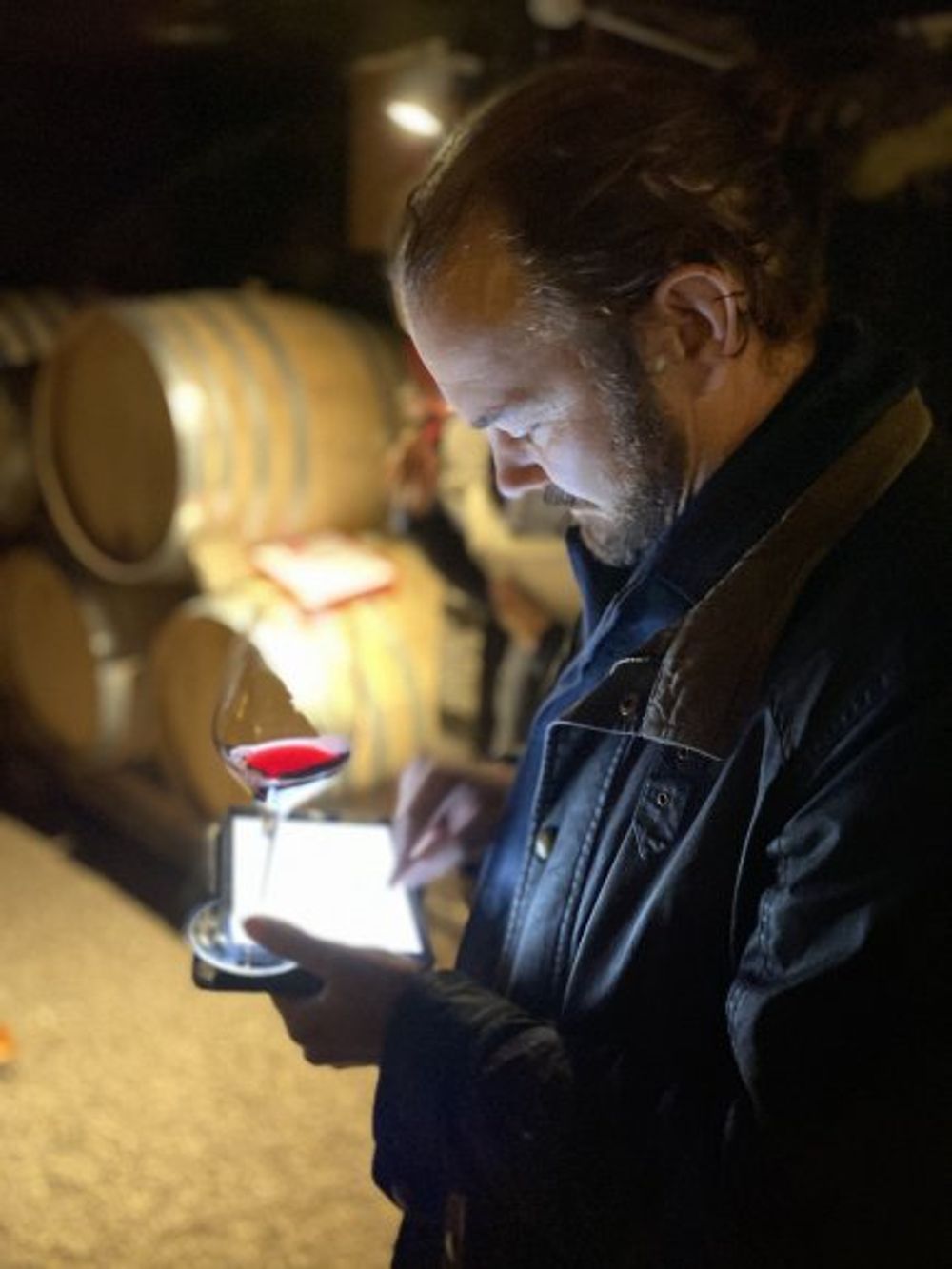
Clerc says there is nothing better than having the chance to go and meet and talk to producers in their vineyards and cellars
But the part of the job he most enjoys is spending time with producers in the vineyards, as well as with his restaurant customers. He visits Burgundy at least three times a year, and frequently heads to Bordeaux, Piedmont, Tuscany and Champagne. “I love going out and meeting our producers, there is nothing like tasting the wine at source to gain a real understanding of what they are doing. You get a sense of the big picture then, which is essential for me.”
A key part of relationship building, he says, is being able to manage the people you work with, both internally, where he has four direct reports, but also directly with producers.
He explains: “Managing people is always going to be challenging – some producers are very demanding and have unrealistic expectations. They can be demanding as personalities, or in what they ask you to do. They keep you on your toes! But people will always be at the core of your business, so it’s important to handle it well.”
Rebuilding Armit
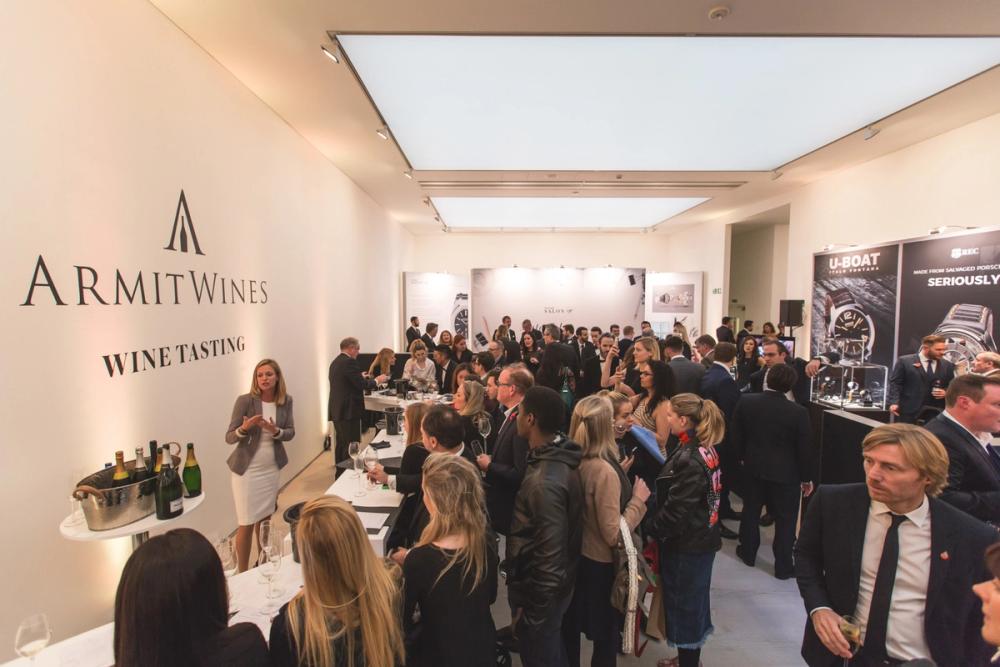
Clerc believes he has risen to the challenge of what he calls “rebuilding” the Armit Wines business, under the management of Brett Fleming, as sees it as a “different company now”
Clerc recalls his first year at Armit being tough, largely because of the existing culture which he says was in need of shaking up. “I was very lucky because when I arrived in 2018 it was like Ground Zero – Brett, [managing director Brett Fleming who joined the following year] and I basically restored and rebuilt it , notably in term of relashionship with Armit producers. It has been a pleasure to rebuild the business, and at Armit few of the old producers remain from the 90’s – it’s a different company now.”
Like most businesses serving the hospitality sector, Armit has not been immune to the effects of the cost-of-living crisis which has resulted in customers, certainly on the private client side buying more carefully premium wine. Mid-range wines too have also been hit, according to Clerc.
“Those lines with volumes – that’s where people have cut down a bit,” he confirms. “People are playing it safe, with all the traditional regions coming to the fore. Burgundy, Tuscany and Piedmont are all in demand at the moment.
“I would like to see Bordeaux coming back, but as long as Bordeaux is managed by La Place, it is very challenging, particularly launching their campaign with prices up by between 20-40% during a recession, while availability of back vintages are good in the UK at a more approachable price.. It is a shame as I think there are some great opportunities for Bordeaux, there are some gems there. However, I’d also like to see more people drinking say Grenache from the Rhône Valley. I think that Spanish and South African producers have provided some real inspiration for Grenache.”
What opportunities is he seeing outside Europe? “Oregon and Chile are also doing great things as is Argentina. What Seba Zuccardi is doing with his terroir wines is extraordinary and empowering a lot of smaller producers. I’d say that Argentina is where South Africa was in the noughties. If I were running my own company now, I would probably focus on smaller producers making sustainable wines from a single country, most probably France. ”
It’s not only private clients who are playing it safe. Restaurants too are sticking to more classic wines and regions, he says. “They don’t have time to train their staff in more unusual wines from different regions so they are sticking to the tried and trusted,” he claims.

Nicolas Clerc says he has been “lucky” to meet the right people throughout his career – but also admits there has been an awful lot of hard work too
Other trends he is observing is a shift towards lighter, lower ABV wines, which will also become an issue with the proposed changes to duty on wine. “We are all suffering from climate change with Challenging Spring/ summers and warmer winters, and producing lower alcohol wines will become more challenging with producers being forced to pick their grapes earlier or remove alcohol from the wines?“
“The reforms are misguided, I think. I’m not a politician or a financial person, but it’s a shame, I think. Sherry, for example, will become very expensive, while entry level wines will be affected. A £2.67 increase on a bottle of Petrus – well no one will care about that. But in other sectors of the market those price increases will be more challenging.”
Clerc modestly attributes the success he has achieved in his career to “just meeting the right people at the right time, which has helped to open a few doors.”
However, he does admit to putting in a lot of hard work and being passionate and curious along the way. “This is a very difficult sector, a very demanding one, and while the opportunities and development can be fast, dedication to the business and people are key,” he says. “Self-discipline is essential as is resilience, but most of all I’d advise anyone wanting to get into the business now to be a nice person. It all starts and ends with a smile.”
In another life, Clerc says he might liked to have worked in the arts or with animals, but says he has no regrets. “Hospitality has brought me many great memories and a solid base for the job I am doing now, with real focus on quality of service and relationships, and most of all I still get to meet great people in this industry.”
- If you would like to know more about Armit wines go to its website here.
- Armit Wines is a commercial partner to The Buyer.
